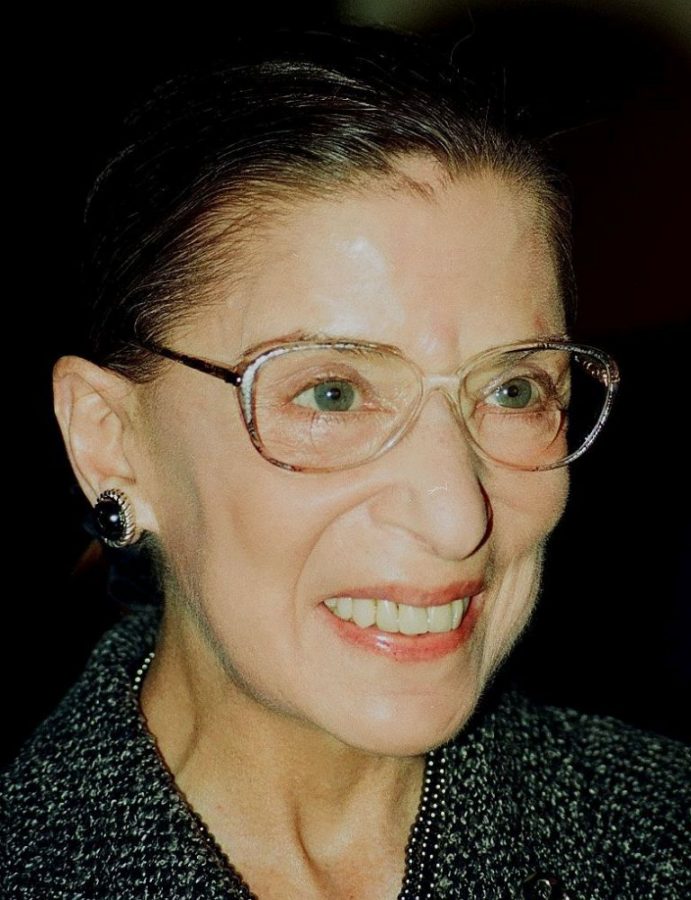America said farewell to Ruth Bader Ginsburg last week, a Supreme Court Justice and women’s rights advocate known for championing landmark precedent cases on sex discrimination in her time as a lawyer and activist.
Ginsburg, also known as RBG, began her career as a student at Harvard Law, one of only nine females in a 500-pupil class. She balanced being a mother, wife, and law student through countless adversities, including her husband’s cancer, all the while facing sex-based discrimination from the top ranks of Harvard to the workplace. Refusing the discriminatory salaries she was offered for work at a law firm, RBG became a professor at Rutgers University Law School and then Columbia University in 1972.
Perhaps some of her most well-known achievements were her successes in the six landmark cases with the Women’s Rights Project of the American Civil Liberties Union during the 70s, which she helped co-found.
In her first landmark case Moritz v. IRS, Ginsburg was able to win a case claiming that discrimination on the basis of sex was unconstitutional. The angle of the case was particularly unconventional, as she used a dispute over tax deductions. The man in the case, Mortiz, was claiming he was entitled to deductions for expenses in the caring of his elderly mother, which he was denied because the deduction was limited to single women or spouses of incapacitated individuals. Mortiz, a single man, took the case with Ginsburg to the U.S. Court of Appeals where the decision was reversed and marked the first success for Ginsburg in a series of many other important rulings that dealt with gender discrimination.
Ginsburg’s hard work earned her the appointment to the U.S. Court of Appeals in 1980 and then the U.S. Supreme Court in 1993. She was a ruling factor in several landmark cases such as Obergefell v. Hodges and Gore v. Bush.
Her death comes only several weeks before the 2020 U.S. presidential election, which has raised the question: should the Senate confirm a Justice so soon before the election? With a Republican majority secured for a confirmation, speculation is predicting a new nominee will be confirmed before an election could change the tides.
At a ceremony in the Great Hall of the Court, Ruth Bader Ginsburg was remembered as an inspiration, kindling the fires of hope for people, and women, everywhere. Rabbi Lauren Holtzblatt spoke to this in her eulogy, as reported by NPR:
“[Ginsburg was a] path-marking role model for women and girls of all ages, who now know that no office is out of reach for their dreams.”

